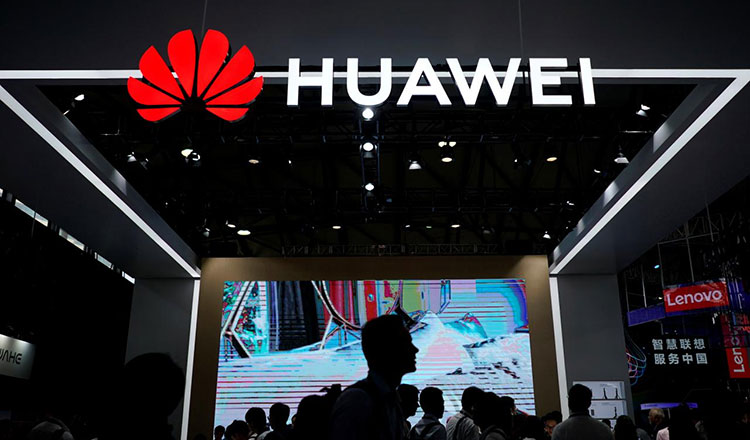
(Photo: Reuters)
Chinese smartphone and telecommunications equipment maker Huawei wrote an open letter to Australian lawmakers on Monday. The letter was signed by Huawei Australia chairman John Lord, board directors John Brumby and Lance Hockridge. The letter said "recent public commentary around China has referenced Huawei and its role in Australia and promoted some observations around security concerns. Many of these comments are ill-informed and not based on facts."
Australia is making preparation for building a 5G network. According to local media, the security establishment of Australia has claimed that Huawei is a puppet for the Chinese government and has asked to exclude the company from tendering. In May, Canberra thwarted Huawei from building an internet cable between Australia and the Solomon Islands.
In the letter, Huawei Australia said "In each of the 170 countries where we operate, we abide by the national laws and guidelines." The company pointed out earlier this month that Huawei provides over 55 percent of the 4G requirement of Australia. Excluding it from 5G operations will severely influence its business in the country.
National security has become a convenient excuse overly used in trade protectionism. Washington has frequently referred to it when restricting investment from China, and now Canberra has followed suit. If Australia takes measures to exclude Huawei from 5G business, it will become another example in Western countries in boycotting Chinese technology companies. Canberra's action demonstrates its true attitude toward China.
Australian officials have recently released some positive messages regarding bilateral ties with China. However, on issues including underwater internet cabling to Solomon Islands and construction of a 5G network in Australia, Canberra has clearly shown a high degree of vigilance toward China.
Huawei is a private company that has thrived since China's reform and opening-up era and one which the Chinese government has no share in. Operations are highly independent and international market-oriented. Its development has incorporated a large number of business and technology elites from all over the world. Huawei's asset portfolio and business culture is no different from other large-scale transnational companies.
Discrimination against Huawei is a discrimination against China's political system. Canberra is actively helping build a nonsense campaign that discriminates against Chinese products based on vague accusations.
China is the largest trading partner of Australia, but Canberra has a distorted view on relations with China. Moreover, it is more active than European countries in following aggressive US trade policy towards China. The practice, however, contradicts its close business ties with China, resulting in a flip-flop attitude.
Huawei already has a big presence in Australia's 4G network. Excluding it from the 5G network on grounds of national security is equal to redefining bilateral security ties.
Besides the economic implications, it also has a significant symbolic meaning, affecting how the two societies see each other.
Sino-Australian relations will be cast in a shadow. Perhaps a few Australians want their country to become a political enclave of the US, willing to be a leverage of US right-leaning China policy. But it will come with a price tag bereft of benefit to Australia.


